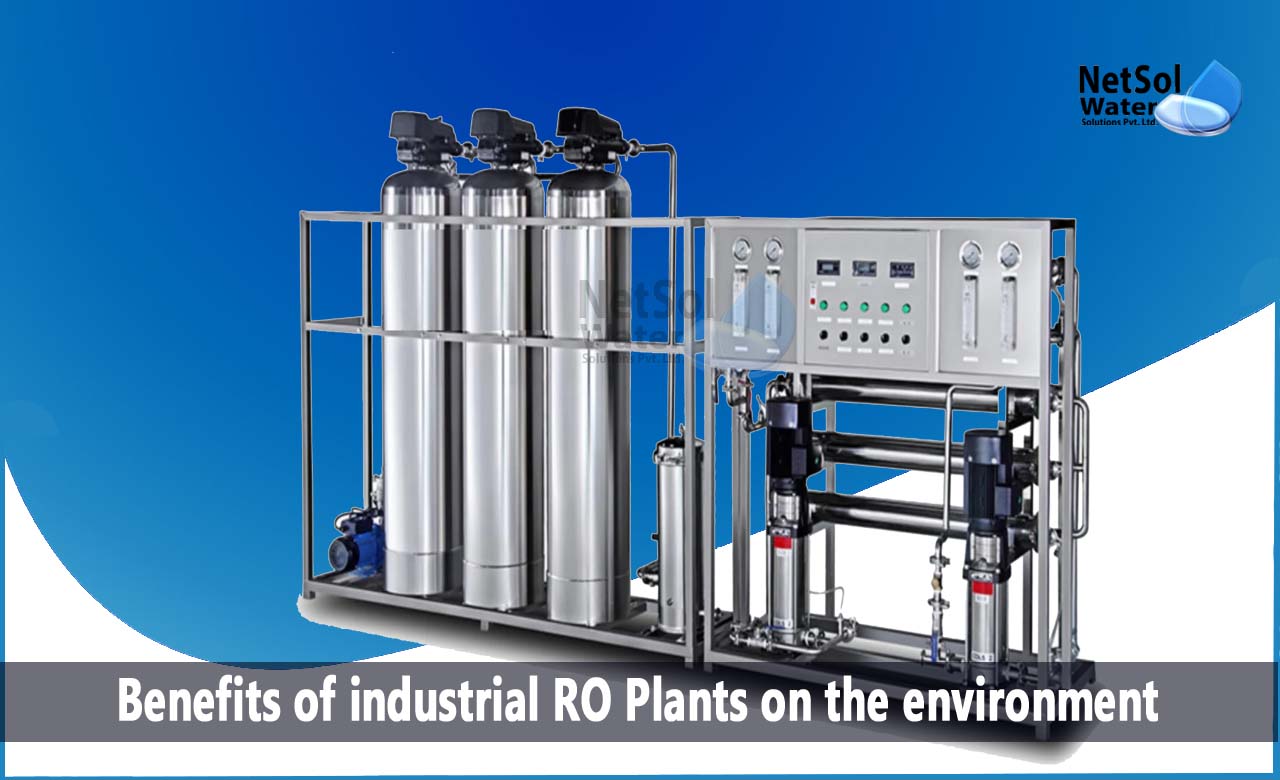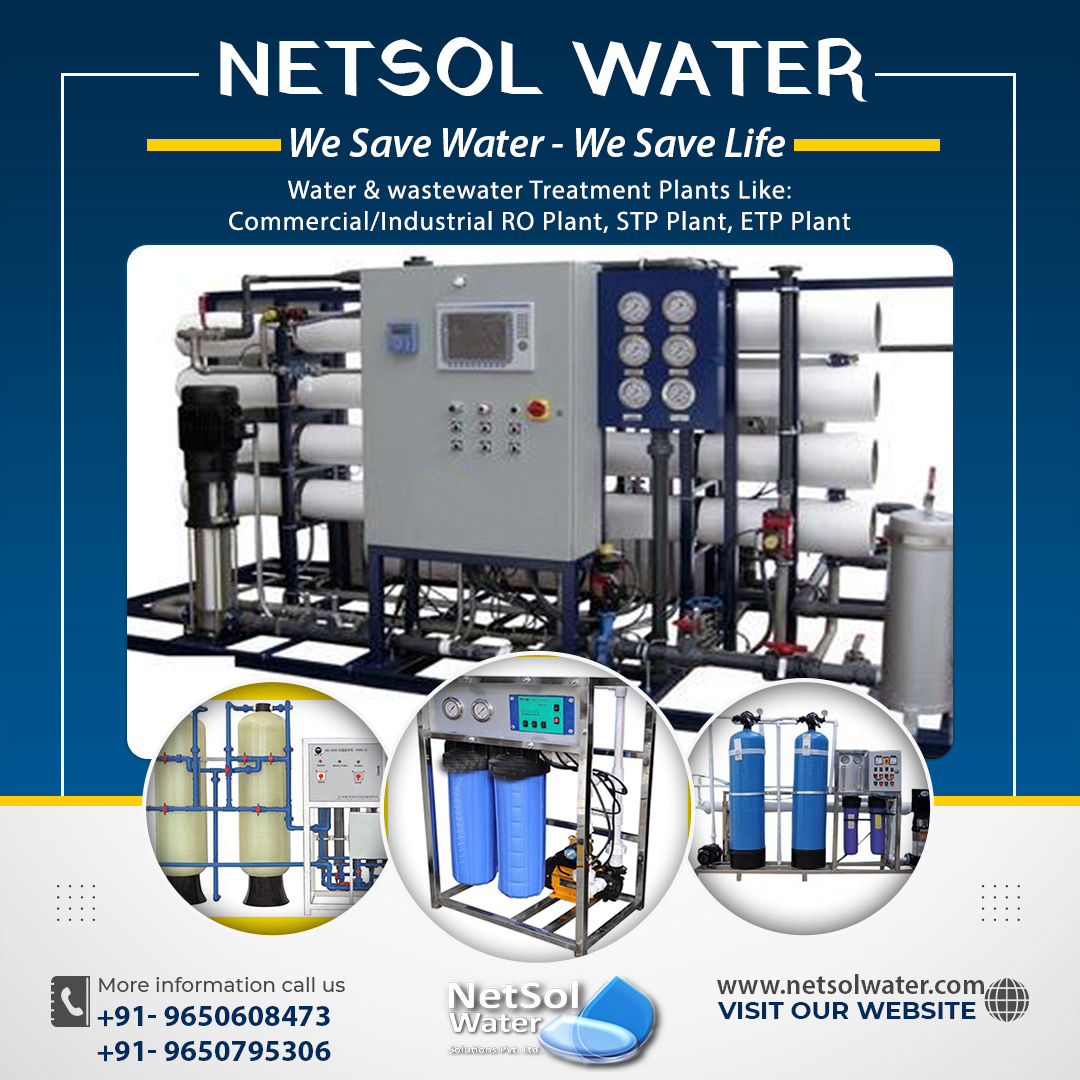As water quality laws become more stringent, membrane technologies are being used more frequently to treat water and wastewater.
Understanding reverse osmosis' advantages for industrial processes, and why it's one of the best water filtering systems is crucial, putting particular emphasis on the advantages in terms of maintenance, cost, health, and safety.
Let’s look at the benefits of industrial RO Plants on the environment.
Reverse osmosis (RO)
It involves putting raw water through a system that filters out contaminants.
A break tank or mains feed are the two ways that water enters the system. Geographic position affects the incoming water's quality. The water is forced through a collection of membranes, by a high-pressure pump. The barrier of a membrane is specific. Impurities like as salt or particulates are removed as water flows through it.
This procedure lowers the micro-Siemens and total dissolved solids in the incoming water supply, enhancing its quality and purity (TDS). A variety of RO systems and replacement membranes are available from Netsol Water. Additionally, we offer pre-treatment tools that remove a variety of impurities, like as softeners, activated carbon filters, and multimedia filters.
What are the Environmental Advantages of industrial RO Plants?
1: Less harmful wastewater is one of the key environmental advantages, of employing a reverse osmosis system. This is because the production of the permeate doesn't require any dangerous chemicals.
2: It is one of the greenest methods for treating industrial wastewater for re-use.
3: The capture and proper disposal of pollutants inside the mains water source, is another environmental benefit of RO.
4: Without using chemicals, resins, or ion exchange beds, our state-of-the-art membrane design filters out pollutants from the water feed.
5: RO system's concentrated pollutants can then be released directly to the drain, without the requirement for an additional, expensive effluent treatment step.
Cost Advantages
While, the cost of employing reverse osmosis and membrane components is declining, the price of acid and caustic solutions is still rising.
Electricity is the main expense for reverse osmosis systems. Modern water filtration systems use little energy, which results in reduced operational costs.
It is possible to integrate a RO system into the process and feed the water either directly, into the production line or to a holding tank for storage before use as needed. Wastewater streams can pass through a RO system, which helps to lower disposal costs by reusing the water again, in the process.
Benefits for Health and Safety
Acids and alkalis, which are extremely hazardous, are used in conventional resin-based ion exchange systems. Reverse osmosis uses more compact and effective machinery to replace traditional procedures, like chemical treatment.
This creates a safer working environment for the staff by removing the competing dangers, of manual handling and having dangerous chemicals on site.
Manufacturer of industrial RO Plants
Since every project is different, our experts at Netsol Water can assist you in selecting the most effective technique, such as commercial and industrial RO Plants for treating water in the best way.
Netsol combines cutting-edge technology with their years of experience, to handle the most challenging water treatment or wastewater treatment requirements of a wide range of clients, including small enterprises, corporations, and regional government agencies.




